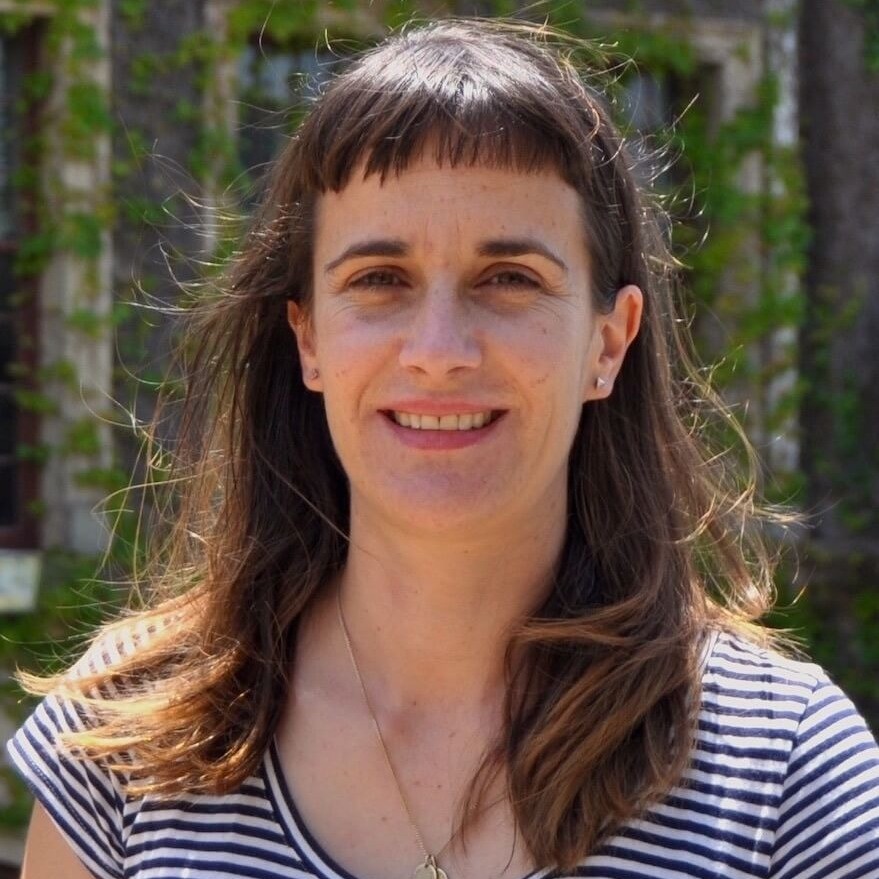What is your educational background?
I have a PhD in geology from the University of Bern in Switzerland. I did my undergraduate and Master’s degrees at the University of the Witwatersrand in Johannesburg, majoring in geology and archaeology.
What is your current occupation?
I am a Senior Lecturer at the University of Cape Town. I teach undergraduate students about geology and lead a research group which focuses on understanding when and where our early human ancestors evolved and what their world was like
What or who got you into STEM?
Both my parents have a deep love of nature and science, so they were huge early influences. Then my high school biology teacher, Mrs. Marais, was extremely strict, we were all terrified of her but she was an incredible teacher and I just loved her classes. She encouraged me to consider doing science at University
What is the biggest challenge/barrier you have faced as an African in STEM?
A general lack of knowledge about Africa, expressed as questions like “was learning English hard for you?” (it’s my mother tongue). When I was registering for my PhD in Switzerland, my South African degrees were not recognised – their reaction to me was like “you have Universities in Africa?!” I had to go through a huge process to prove my degrees were equivalent to theirs, which took over a year. My supervisor was very supportive and helped me with this – without this it would have been extremely daunting.
How do you think your background/upbringing has been beneficial in your journey/career?
My parents always encouraged my love of nature and science and have always been very supportive of my choices and helped me make big decisions, like moving overseas to study. I had access to excellent education, through their very hard work and sacrifice. I also have to acknowledge that as a white girl growing up in Johannesburg during the 1980s, I was a benefactor of the Apartheid system, which was geared towards making people like me have an easy life. I do, however, believe that growing up in South Africa gave me an awareness of my own privilege and fortune, so that I have done my best to make the most of my opportunities. I also feel very strongly about giving back to South Africa, which is why I came back (after 10 years overseas) and took up the job at the University of Cape Town.
How do you think we can start to change the narrative surrounding African contributions
to global STEM research & careers?
This is the big question! There need to be many answers and many conversations about this, which we as the African scientists lead. I believe we can start by looking to ourselves, to be organised, proactive and confident. Incredible science is already taking place all over the continent, so we need to see ourselves as leaders and not just as a venue for the Global North to carry out their fieldwork.
What advice would you like to give to young, aspiring Africans in STEM?
Just do it! Believe in yourself and what you have to offer. Our continent needs the brightest, most creative young minds to secure our future – we have an incredible resource in our people. Work incredibly hard, read everything, grab your opportunities but keep the love you have for your work safe. Pace yourself, it’s a marathon not a sprint and you need to look after yourself and your ability to do excellent work.
Do you have any projects you’re working on that you would like us to highlight?
I am the Director of the Human Evolution Research Institute (HERI) at UCT, where we study human origins. We do more than just the science though, we are passionate about creating a space that fosters diversity and inclusivity, where the next generation of young African scientists can flourish and do their best work. I can go on a LOT more about this…have a look at our website for more www.heriuct.co.za






